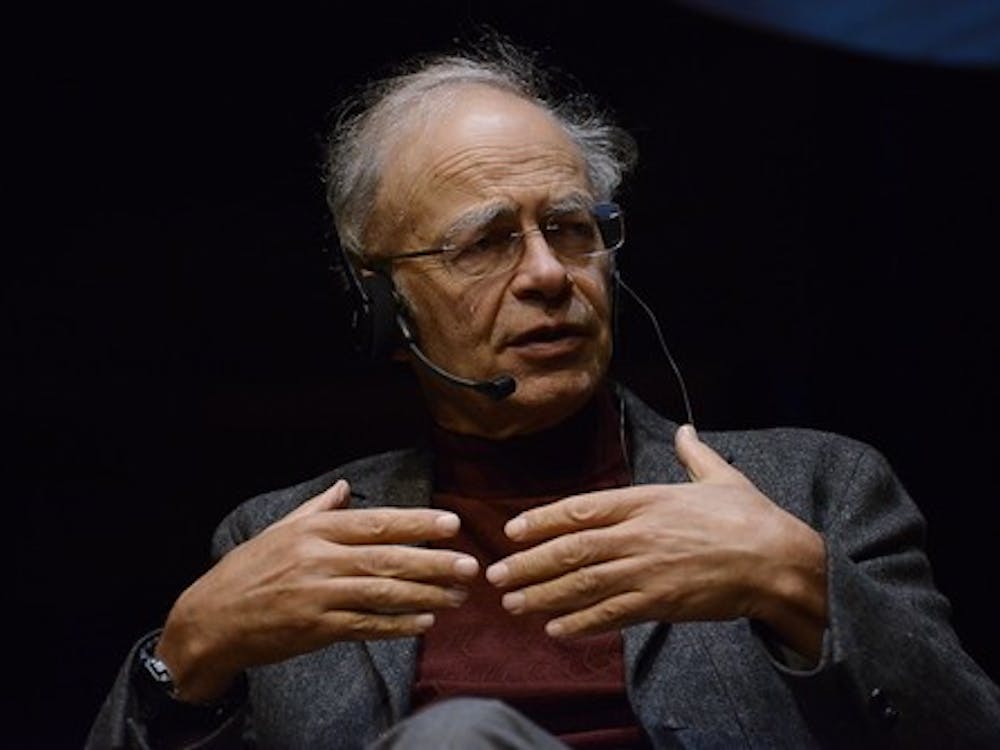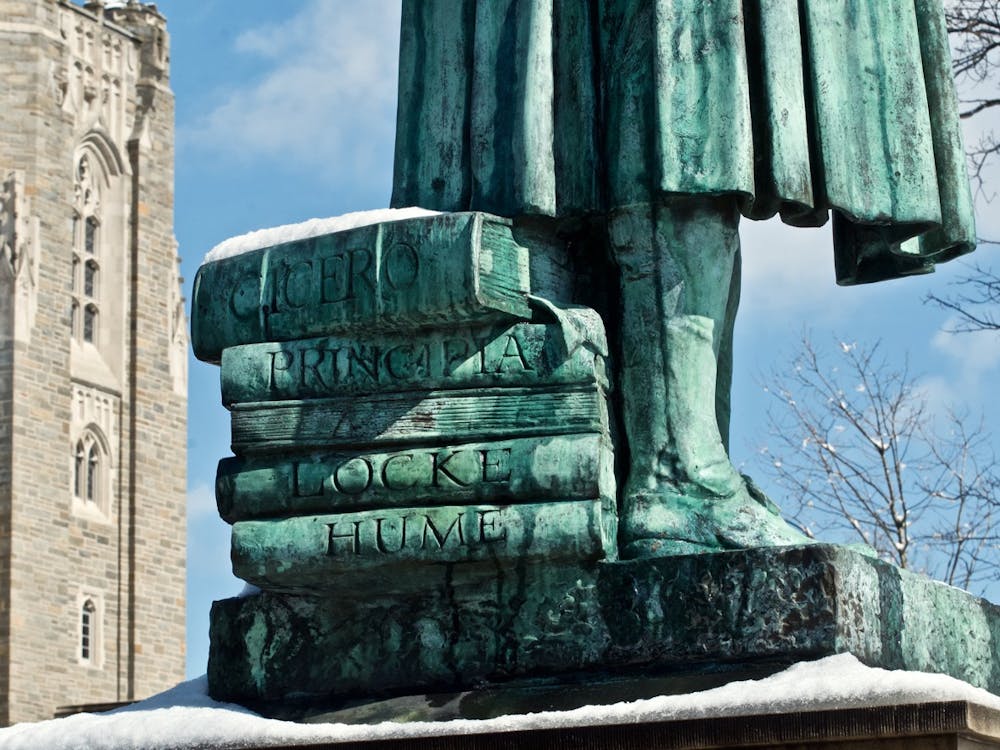The Committee on Discipline has been running an undercover sting operation since the beginning of the 2013-2014 academic year to identify cheaters, Committee on Discipline Chair Kathleen Deignan announced Wednesday. Undergraduates unaffiliated with the Committee on Discipline were asked to go undercover to sniff out cheaters. If an informant identifies a convicted cheater, he or she will receive an enviable reward: Not having to write a senior thesis. The impetus for the sting operation came from the Great Harvard Cheat of 2012, Deignan said. Administrators said they hope the University’s peer institutions will institute similar operations, just as they did when former Dean of College Nancy Malkiel instituted the wildly popular grade deflation policy in 2004. “Keeping students suspicious of each other will help us better uphold the integrity of our intellectual community,” she said. “To any students thinking of cheating, take note — the eyes of Woodrow Wilson and the Gatsby billboard are upon you.” Nine cases of clandestine cheating have been revealed since September, Deignan confirmed. The cases include one student who told his roommate, secretly an undercover informant, about using Google Translate on a Spanish assignment. Another student who told her friend, also an informant, about the foot-tapping code she planned to use during her multiple-choice abnormal psychology exam. Ewe Council Footstool Elan P. Koogelmaass denounced the Committee’s operation, arguing that the Committee on Discipline has no measures in place to ensure that its undercover informants are telling the truth in their reports. “It’ll turn into a witch hunt,” Koogelmaass said. “Move over, McCarthy. Competition is already brutal here because of grade deflation. Now these informants could start abusing their power to slander people who are the best students in their classes.” “If it comes down to ‘he said, she said,’ whom will the committee believe — their own handpicked spy or an alleged cheater?” he added. Koogelmaass is working on an amendment to the USG Constitution that would give the Senate jurisdiction over the Committee on Discipline. Koogelmaass hopes to give students the power to request the proceedings of Committee on Discipline meetings through its newly-formed, successful Transparency Committee. “In my USG, students would be able to get their hands on these records, and know who the informants are. The USG wants to be transparent to the average citizen. We want to expose this orgy of secrecy and spying. Don’t you want to be able to see right through us?” Koogelmaass explained. * Just in case you’re a reporter forThe Daily Callerlooking to dig up dirt, please note that this article is part of The Daily Princetonian’s annual joke issue. Use discretion before citing.
Undercover sting operation seeks to identify Honor Code violations during final exam period*
ADVERTISEMENT
ADVERTISEMENT







